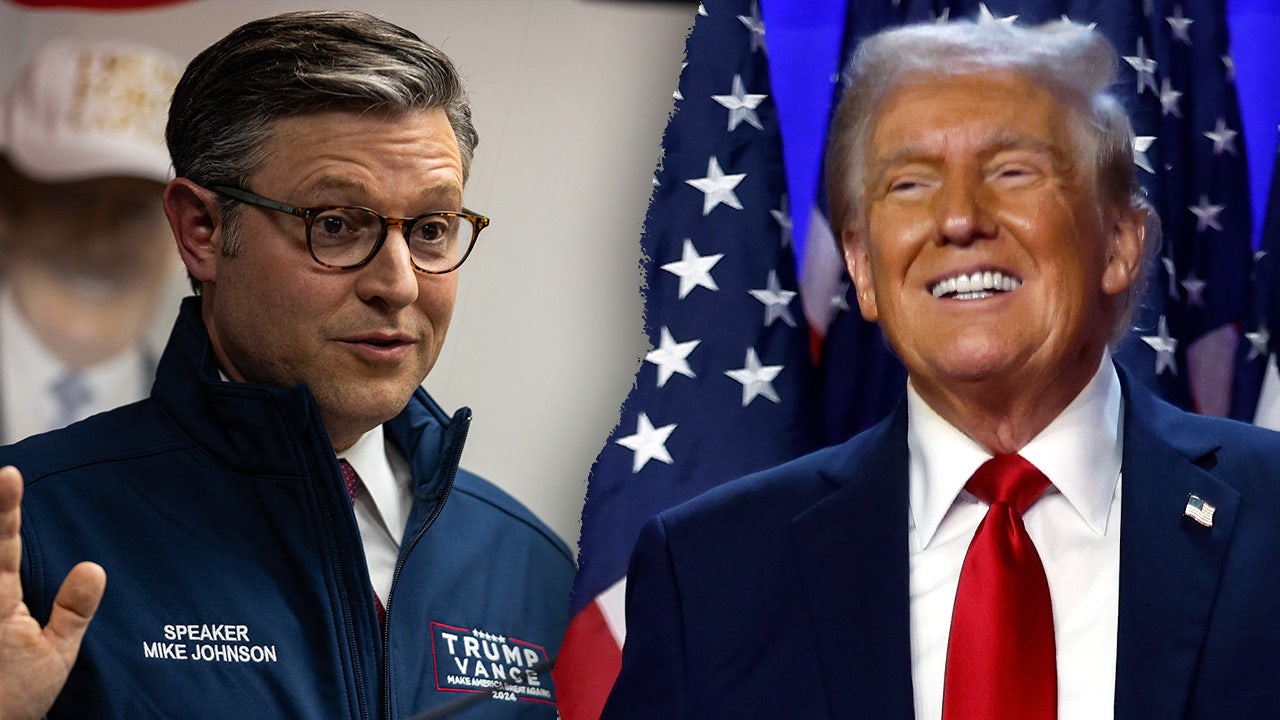Congress Debates Millionaire Tax: White House Proposal – A Deep Dive
The White House's proposed "millionaire tax" has ignited a fiery debate in Congress, pitting proponents who champion increased revenue for social programs against opponents who raise concerns about economic consequences and fairness. This proposal, aiming to raise taxes on high-income earners, is far from a simple tax hike; it's a complex issue with significant implications for the US economy and its social fabric. Let's dissect the proposal, examine the arguments for and against it, and explore its potential impact.
Understanding the White House's Millionaire Tax Proposal
The core of the White House proposal centers around increasing the top marginal income tax rate for individuals earning over $1 million annually. This isn't simply a flat percentage increase; the specifics often include adjustments to existing tax brackets and potential changes to capital gains taxes, affecting investments and wealth accumulation. The exact details can vary depending on the specific legislative proposal, making it crucial to examine each version carefully. The overarching goal, however, remains consistent: to generate additional revenue for government spending, often earmarked for social programs and infrastructure investment.
Key Features Often Included:
- Increased Top Marginal Tax Rate: A significant increase in the tax rate applied to income exceeding $1 million.
- Capital Gains Tax Adjustments: Potential modifications to the tax rate on capital gains (profits from selling assets like stocks), often aiming for parity with ordinary income tax rates for high earners.
- Tax Avoidance Loopholes Closure: Efforts to close loopholes that allow high-income individuals to legally minimize their tax burden.
Arguments in Favor of the Millionaire Tax
Supporters of the millionaire tax present compelling arguments rooted in fairness and economic necessity. They argue:
- Increased Revenue for Social Programs: The additional revenue generated can fund crucial social programs like affordable healthcare, education, and infrastructure improvements, benefiting society as a whole. This argument often highlights the growing income inequality in the US, suggesting that a higher tax on the wealthiest can help bridge the gap.
- Addressing Income Inequality: Proponents argue that the current tax system disproportionately benefits the wealthy, exacerbating income inequality. A millionaire tax, they claim, is a step towards a more equitable distribution of wealth.
- Economic Stimulus Through Investment: Counterintuitively, some argue that increased government spending funded by the tax could stimulate economic growth through investments in infrastructure and education, leading to job creation and long-term economic benefits.
Arguments Against the Millionaire Tax
Opponents of the millionaire tax raise significant concerns about potential negative economic consequences and fairness issues:
- Potential Economic Slowdown: Critics warn that higher taxes on high-income earners could discourage investment and entrepreneurship, potentially leading to slower economic growth and job losses. This concern is particularly relevant given the role of wealthy individuals in driving capital investment.
- Tax Base Erosion: Some argue that high earners may seek ways to avoid higher taxes, potentially moving their assets or businesses to jurisdictions with lower tax rates, ultimately diminishing the tax base and negating the intended revenue increase.
- Impact on Innovation and Job Creation: Opponents argue that taxing high-income earners more heavily could stifle innovation and entrepreneurial activity, as these individuals are often the primary drivers of job creation and technological advancement. They suggest that such policies might hurt overall economic productivity.
The Ongoing Debate and Potential Outcomes
The debate surrounding the millionaire tax is far from settled. Congress faces a complex balancing act: weighing the potential benefits of increased revenue for social programs against the potential risks of stifling economic growth. The ultimate outcome will likely depend on a variety of factors, including the specifics of the legislative proposal, the political climate, and the overall economic conditions.
Looking Ahead: Understanding the nuances of this debate requires a critical examination of economic data, policy proposals, and the broader societal implications. Further research and analysis are needed to fully assess the potential benefits and costs of implementing a millionaire tax in the United States. The discussion will undoubtedly continue, influencing not only the current political landscape but also the future direction of US tax policy.
